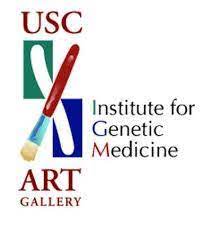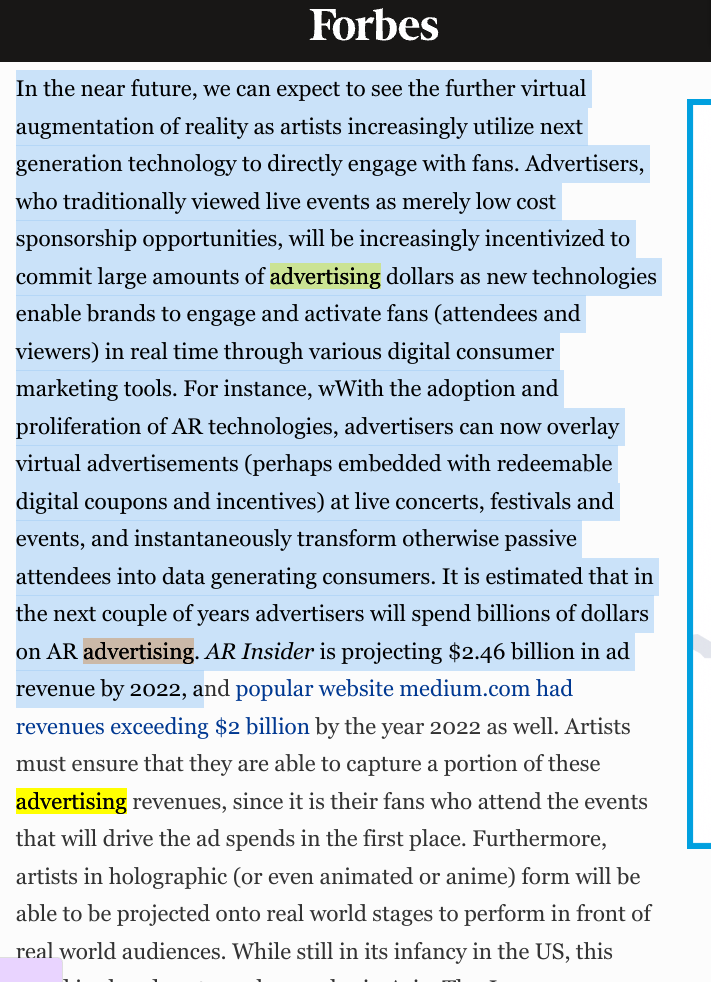Lorem ipsum dolor sit amet, consectetur adipiscing elit. Ut elit tellus, luctus nec ullamcorper mattis, pulvinar dapibus leo.
Helping Californians Keep Their Benefits Through Technology, Storytelling, and Advocacy
Coming soon: As a media psychologist, social work advocate, and kidney peer support specialist, I’m building a bridge between policy, technology, and people — helping Americans maintain access to Medi-Cal, disability services, and innovative mental health tools.
Why This Matters
Across California, millions are at risk of losing critical benefits due to:
- Paperwork backlogs
- Confusing eligibility rules
- Lack of digital access
This initiative leverages:
- 🏥 Medi-Cal & the Big Beautiful Bill
- 💼 Department of Rehabilitation resources
- 🤝 Peer Mental Health & Painted Brain
- 🎭 LaughMD, Film/Video-Based Therapy, and Neurotree.io
- 👥 A network of social workers, case managers, and advocates
What We Do
We help with paperwork and job opportunities by referring you to existing programs like:
- Department of Rehabilitation
- Painted Brain
- Peer Mental Health
These services are already available through SB803. We help you connect with a social worker who can bill Medi-Cal. This also fulfills my own volunteer requirement to maintain Medi-Cal — so you know it works.
Mission Statement
To train, empower, and assist individuals with disabilities and chronic illness — especially those at risk of losing Medi-Cal — using creative therapy, digital storytelling, and policy-backed advocacy.
How I Can Help
- ✔️ Navigate Medi-Cal redetermination and SB803
- ✔️ Support access to disability services
- ✔️ Connect with peer-led digital programs
- ✔️ Offer educational workshops & storytelling sessions
- ✔️ Amplify voices through tech & video-based mental health care
Coming soon: Request Help or Partner with Me
Coming soon: Learn More About My Podcast & Projects
"One person's kind words and reassurance could change another person’s life — which could have a ripple effect on the world." — Joshua Cohen
Services Offered
Grant Writing
- Proposal writing and strategy
- Budget development
- Grant research and submission planning
Program Development
- Film/video-based therapy models
- Chronic pain & trauma-informed programs
Research and Evaluation
- Study design and data collection
- Literature reviews and evaluation reports
Content Creation & Education
- Academic publishing and editing
- Educational video and multimedia content
Collaborative Projects
- Community outreach and co-led initiatives
- Research partnerships with institutions
Training & Consultation
- Workshops on trauma and film therapy
- Peer support integration strategies
Public Speaking & Advocacy
- Awareness campaigns for chronic pain and disability
- Conference presentations and panels
Education & Career Counseling
- Guidance on academic pathways
- Scholarship and funding advice
Publishing Support
- Journal submission preparation
- Peer-review process coaching
Why This Is Unique
Here’s how this work stands apart from others in the field:
| Feature | My Work | Others |
|---|---|---|
| Integrates SB803 Peer Billing | ✅ | ⚠️ Few do |
| Leverages Media Psychology | ✅ | ❌ |
| Uses Storytelling for Policy Access | ✅ | ❌ |
| Peer-led with Lived Experience | ✅ | ⚠️ Rare |
| Offers DoR Job Pathways | ✅ | ❌ |
| Film/Video Therapy + Publishing | ✅ | ❌ |
Think of this project as a Digital Advocacy and Healing Hub — where mental health, technology, policy, and personal storytelling meet.

Members of the advisory council for the USC Institute for Genetic Medicine Art Gallery and community leaders recently attended a gala to celebrate an award for volunteerism presented by the White House to IGM Gallery Director Lynn Crandall.
The award and a letter signed by President Barack Obama were presented to Crandall by Jennifer Morgan, president of the United Nations Association, Beverly Hills. The award recognizes the mission of the IGM Art Gallery and its public, private, nonprofit, faith-based, academic and media partners to develop economic self-sufficiency and social justice on both USC campuses and in the surrounding communities.



